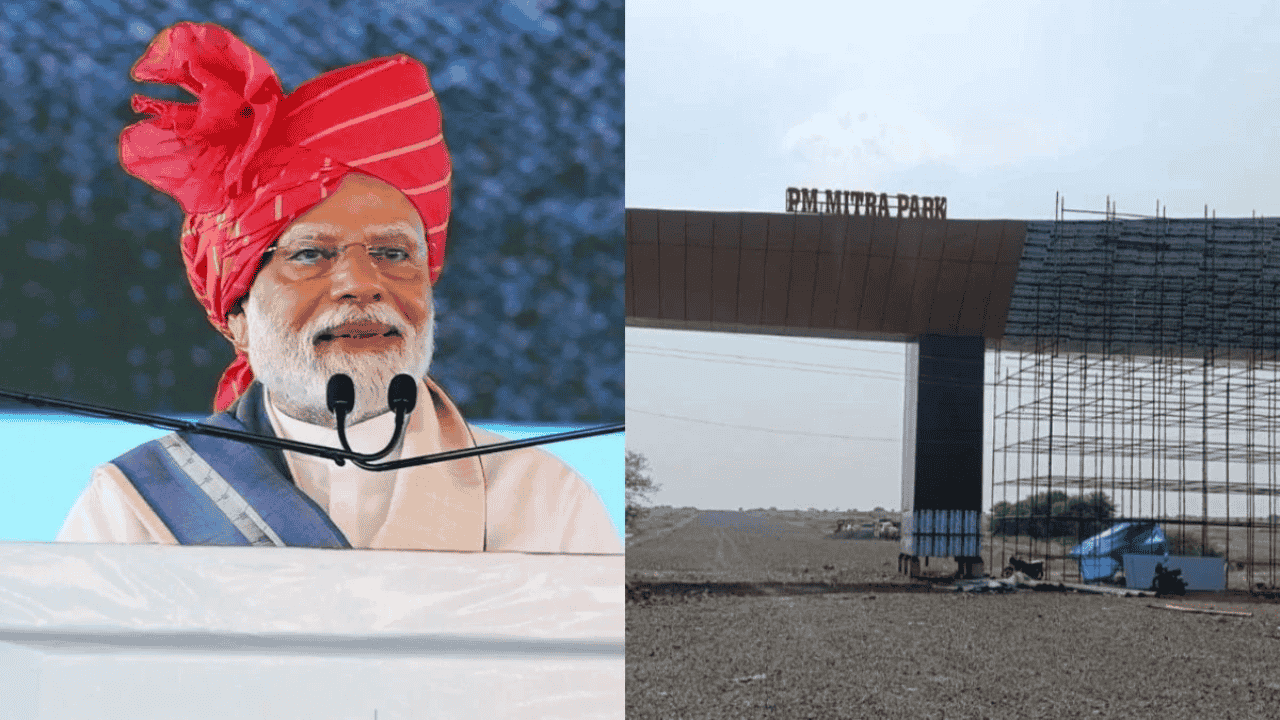On April 19, 1975, India launched its first satellite Aryabhata. Discover its mission, technical details, and why it’s vital for UPSC, SSC & banking aspirants.
India’s First Satellite Aryabhata – An Overview
On April 19, 1975, India marked a milestone in space exploration by launching its first artificial satellite, Aryabhata. This event remains a cornerstone in India’s scientific journey and is essential for current affairs March 2025 revisions, daily GK update, and competitive exam news.
Naming Aryabhata – Honoring a Legend
The Selection Process
Three names were shortlisted: Aryabhata, Maitreyee, and Jawahar.
Then-Prime Minister Indira Gandhi chose Aryabhata, after the ancient mathematician and astronomer.
Who Was Aryabhata?
Pioneered the decimal system and studied planetary motions.
Authored the seminal work “Aryabhatiya,” a foundational text in Indian astronomy and mathematics.
Mission Objectives & Technical Specifications
Launch Date: April 19, 1975
Launch Vehicle: Soviet UR-500 (India had no indigenous launcher)
Weight: ~360 kg
Design: Black, 26-panel polyhedral satellite
Primary Goals:
Study solar radiation and X‑ray sources
Gather atmospheric data
Challenges & Achievements
Communication was lost within days due to technical issues.
Despite this, Aryabhata remained in orbit for about 17 years, boosting India’s confidence for future missions.
Aryabhata’s Legacy in Modern Context
Atharva Examwise current news: Regular updates on milestones like Aryabhata keep aspirants ahead in competitive exam news.
Daily GK update: Knowing launch details and objectives helps tackle general studies questions in UPSC, SSC, and banking exams.
Current Affairs March 2025: Revisiting this historic launch enriches your timeline of India’s space achievements.
Key Takeaways
Launch Date: April 19, 1975
Satellite Name: Aryabhata, chosen by Indira Gandhi
Launch Site: Kapustin Yar Cosmodrome, USSR
Weight & Design: ~360 kg, 26‑panel polyhedral structure
Mission Focus: Solar radiation, X‑rays, atmospheric studies
Orbit Duration: ~17 years despite early communication failure
Useful Links
Why This Matters for Exams
Fact-Based Questions: Launch year, satellite weight, mission objectives, and naming process are frequently asked.
Conceptual Clarity: Understanding early space missions strengthens your grasp on India’s scientific progress.
Quick Revision: Bullet-pointed facts aid rapid recall during exams.
Stay updated with Atharva Examwise for the latest competitive exam news and comprehensive daily GK updates!







